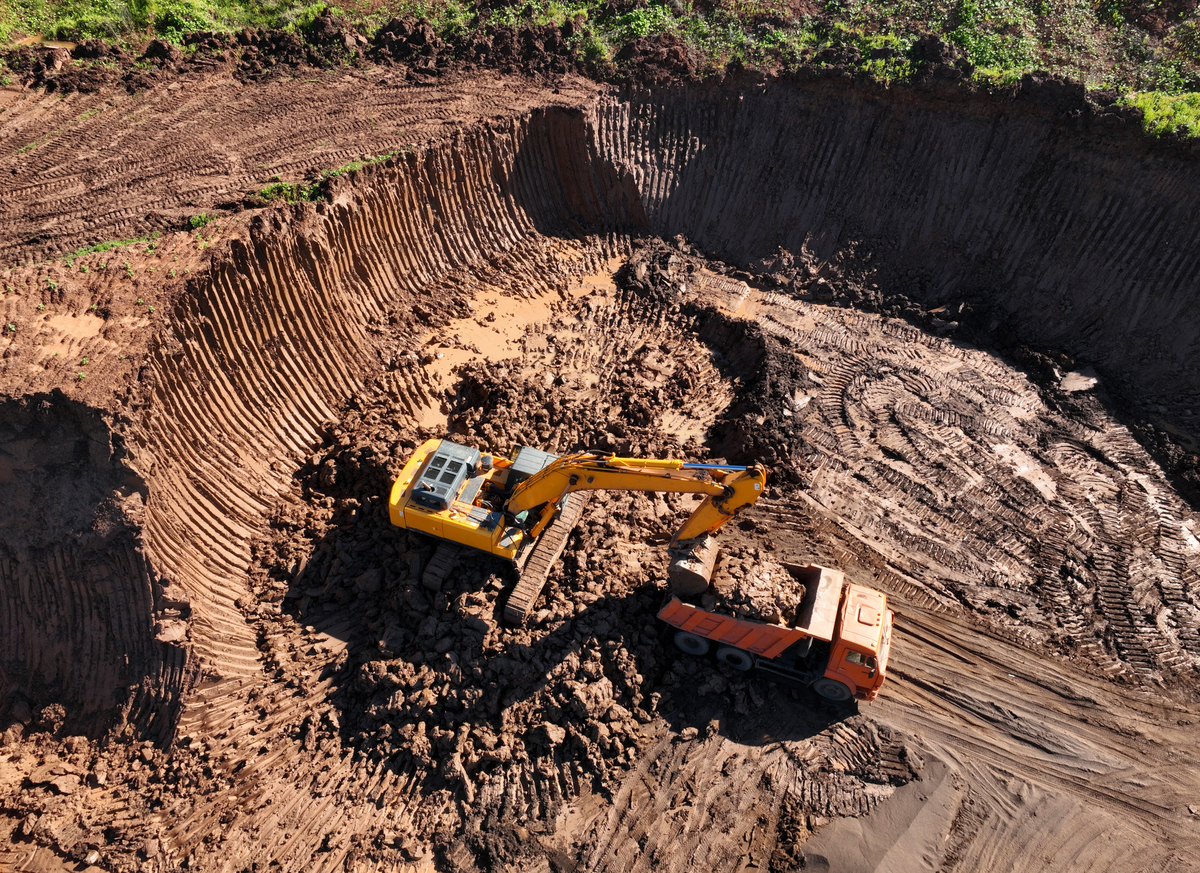Pay Loaders: Essential Heavy Equipment for Construction and Material Handling
Pay loaders, also known as wheel loaders, front-end loaders, or bucket loaders, are indispensable pieces of heavy machinery widely used in construction, mining, agriculture, and material handling. These powerful machines are designed to lift and move large quantities of materials such as soil, gravel, sand, debris, and more. This article provides an in-depth look at pay loaders, their key features, applications, and the benefits they bring to various industries.
What is a Pay Loader?
A pay loader is a type of heavy construction equipment equipped with a large front-mounted bucket connected to two arms (booms) that allow it to scoop, lift, and transport materials. The machine typically runs on four large, sturdy wheels, providing it with the mobility to operate on a variety of terrains. Pay loaders are crucial for tasks that involve moving large amounts of material quickly and efficiently.
Key Components of a Pay Loader:
- Bucket: The front attachment used for scooping and transporting materials.
- Booms/Arms: The hydraulic arms that raise and lower the bucket.
- Operator’s Cabin: The area where the operator controls the machine, typically equipped with advanced controls and safety features.
- Wheels: Large, heavy-duty wheels that provide stability and mobility across different terrains.
Types of Pay Loaders
Pay loaders come in various sizes and configurations, tailored to different tasks and industries:
1. Compact Pay Loaders
- Size and Maneuverability: Compact pay loaders are smaller in size, making them ideal for tasks in confined spaces, such as urban construction sites, landscaping, and agriculture.
- Versatility: These machines are highly versatile and can be equipped with various attachments for different tasks, such as forks, snow plows, or sweepers.
2. Medium Pay Loaders
- General Construction Use: Medium pay loaders are commonly used in construction, roadwork, and small to medium-scale material handling projects. They offer a good balance between power and maneuverability.
- Enhanced Capacity: With a larger bucket and higher lift capacity than compact models, medium pay loaders are suitable for a wider range of applications.
3. Large Pay Loaders
- Heavy-Duty Operations: Large pay loaders are designed for heavy-duty applications, such as mining, large-scale construction, and quarrying. They have the power and capacity to handle the most demanding tasks.
- High Productivity: These machines are built to move large volumes of material quickly, making them essential for operations where efficiency is critical.
Key Benefits of Using Pay Loaders
1. High Efficiency and Productivity
- Quick Material Handling: Pay loaders are designed to move large amounts of material quickly, reducing the time required for loading and transporting materials on-site.
- Powerful Performance: With powerful engines and hydraulics, pay loaders can handle heavy loads and tough conditions, ensuring consistent productivity even in challenging environments.
2. Versatility Across Applications
- Multiple Attachments: Pay loaders can be equipped with a variety of attachments, including forks, grapples, and snow blowers, making them versatile tools for different tasks across multiple industries.
- Adaptable to Different Terrains: Whether operating on construction sites, farms, or quarries, pay loaders are built to perform on a range of surfaces, from rough terrain to smooth roads.
3. Operator Comfort and Safety
- Ergonomic Cab Design: Modern pay loaders are designed with operator comfort in mind, featuring spacious cabins, adjustable seats, and intuitive controls that reduce fatigue during long shifts.
- Advanced Safety Features: Pay loaders come equipped with safety features such as rollover protection systems (ROPS), rearview cameras, and enhanced visibility to ensure safe operation in various working conditions.
4. Cost-Effectiveness
- Fuel Efficiency: Many modern pay loaders are designed with fuel-efficient engines, reducing operating costs while maintaining high performance.
- Durability and Reliability: Built with robust components and advanced technology, pay loaders offer long service life and reliable operation, minimizing downtime and maintenance costs.
Applications of Pay Loaders
Pay loaders are used in a wide range of industries, each requiring specific capabilities:
1. Construction
- Site Preparation: Pay loaders are essential for site preparation, including clearing land, removing debris, and transporting construction materials.
- Roadwork: They are used in road construction for loading and spreading materials such as asphalt, gravel, and sand.
2. Mining and Quarrying
- Material Handling: In mining and quarrying, pay loaders are used to transport large quantities of extracted materials, such as ore, coal, and aggregates, to processing facilities or loading areas.
- Stockpile Management: Pay loaders help manage stockpiles by organizing and moving materials efficiently.
3. Agriculture
- Farm Operations: In agriculture, pay loaders are used for tasks such as moving hay bales, cleaning animal pens, and transporting feed or fertilizer.
- Landscaping: They are also employed in landscaping projects to move soil, mulch, and other materials.
Choosing the Right Pay Loader
When selecting a pay loader for your project, consider the following factors:
- Project Size and Scope: Determine the scale of your project and the type of materials you will be handling to choose the right size and capacity.
- Terrain and Working Conditions: Consider the working environment, such as terrain type and weather conditions, to select a pay loader that can operate effectively.
- Budget and Cost Considerations: Balance your budget with the machine’s capabilities, ensuring you choose a pay loader that offers the best value for your investment.
Conclusion
Pay loaders are essential machines for industries that require efficient material handling and movement. Whether used in construction, mining, agriculture, or other sectors, pay loaders provide the power, versatility, and reliability needed to complete tasks quickly and effectively.
At Wigmore Trading, we offer a range of high-quality pay loaders tailored to meet the needs of various industries. Our team of experts is ready to help you find the right machine for your specific applications.
Get in Touch:
Looking for a reliable pay loader for your next project? Contact Wigmore Trading today to explore our range of machines and find the perfect solution for your material handling needs. Visit our website, email, or call us for more information.








Comments are closed.